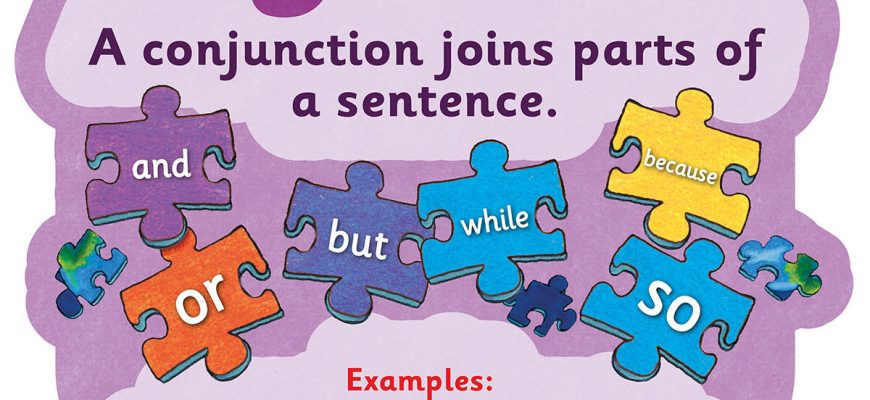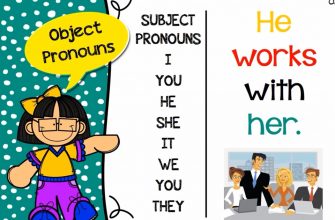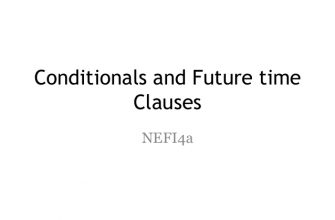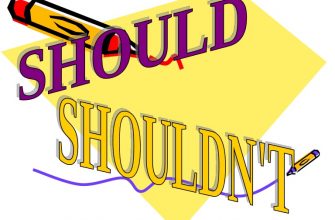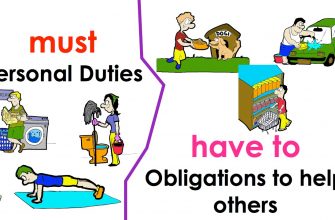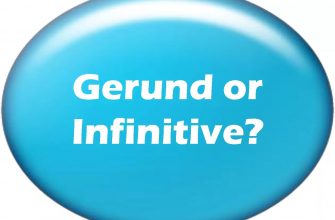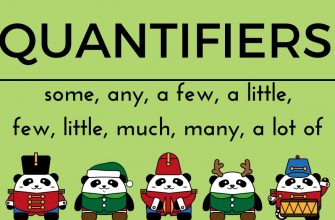and
We use and for adding similar information or ideas; it means ‘too’ or ‘in addition’.
- My brother is a plumber, and my sister is a teacher.
- They have an apartment in the city and a little house in the countryside.
When we are connecting sentences, we don’t need to repeat the subject (Tom, I, we, she, etc.)
- She got up and left. (=She got up and she left.)
- He was looking at us and smiling. (=He was looking at us and he was smiling.)
but
We use but for adding contrasting information, i.e. information that is different.
- I studied a lot, but I failed the exam.
- He is good but not the best.
or
We use or to connect different possibilities.
- Would you like to go to the swimming pool or to the beach?
- He can go to a hotel or stay with us.
We use or (NOT and) in negative sentences to mean ‘not one thing and not another thing’.
I don’t like oranges and lemons.
I don’t like oranges or lemons.
Use and, but, or to connect similar words or phrases.
The items that we connect with and, but, or should be the same grammar type. Check these common mistakes:
I like dancing and sing.
I like dancing and singing. (-ing verb and -ing verb)
Would you like to go to the beach or having an ice cream in the park?
Would you like to go to the beach or to have an ice cream in the park? (to-infinitive and to-infinitive)
so
We use so to introduce the consequence or the result of something. The second part of the sentence is the result of the first part of the sentence.
- It was cold, so I turned on the heating.
- I spent three hours at the gym, so I’m really tired now.
because
We use because to introduce the reason for something.
- I turned on the heating because it was cold.
- I’m speaking quietly because I don’t want to wake up the baby.
